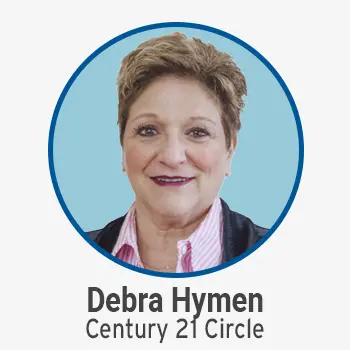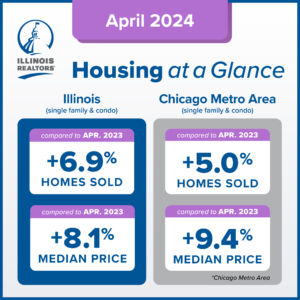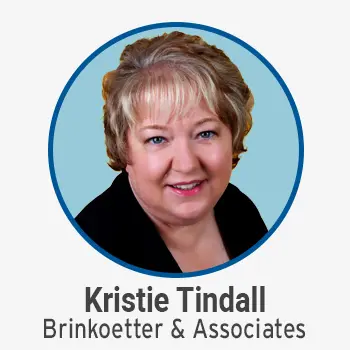Hot on the Hotline: Avoiding the Unauthorized Practice of Law
The Legal Hotline has been receiving an abundance of calls from both buyer and seller agents related to how to correct, amend mistakes or to change terms on executed contracts and how to add addendums to sale contracts in the event information is incomplete.
Under any of these circumstances, the first rule that an Illinois broker must remember is that they are prohibited from engaging in the unauthorized practice of law (UPL), which includes making substantive contract changes and drafting contract addendums.
Article 13 of the of the Code of Ethics and Standards of Practice specifically prohibits REALTORS® from engaging in UPL:
REALTORS® shall not engage in activities that constitute the unauthorized practice of law and shall recommend that legal counsel be obtained when the interest of any party to the transaction requires it.
In Illinois, an Illinois Supreme Court case, commonly referred to as the Quinlan &Tyson (Q&T) case, specifically holds that drafting and attending to the execution of instruments related to the sale of real estate is within the practice of law, and therefore should not be done by anyone who is not a licensed member of the bar. This decision does say that brokers may complete business and factual information on a form purchase contract that is commonly used in the community. Generally, that is where the Q&T court drew the line between brokerage and the practice of law.
REALTORS® need to educate themselves on their limitations, and avoid common pitfalls which lead to unauthorized practice of law:
1. Transactional or non-agency facilitation type services are not permitted in Illinois in situations where the broker does not represent a client on either side of the transaction. Illinois real estate brokers may only complete a contract (e.g. an offer to purchase) incident to performing real estate activities for a client. They may not offer to “facilitate the transaction for parties where they are receiving payment to complete legal documents like offers to purchase when the parties have already negotiated their deal. Typically, they ask the broker to “just do the paperwork.” On these facts, no brokerage has been done and is likely outside the scope of activities permitted under the Q&T case.
2. REALTORS® should not modify a contract or draft their own legal forms or addendums to a contract. The first thing a REALTOR® should do if circumstances arise requiring the creation of a form or modification of a form contract is to refer their client to their own legal counsel. For example, the current market has made the use of escalation clauses a very popular negotiation tool. REALTORS® need to recognize that drafting an escalation clause is the practice of law and should only be done by the client’s attorney. While not recommended, the client could choose to write their own escalation clause.
3. REALTORS® should not offer specific legal advice. A REALTOR® should not give any advice or offer an opinion as to the voidability of a contract or the meaning of a clause in a contract. For example, if a Seller client asks their listing broker if they can terminate a contract in order to accept a “better” offer, the broker should never offer a legal opinion on the potential impact of that decision. They can only point out any relevant provisions in the contract that may apply to the situation and advise their client to seek private legal counsel.
4. REALTORS® should take care to avoid making these common mistakes to avoid issues (which are often the underlying cause of a REALTOR® engaging in unauthorized practice of law as they try to correct the errors):
- Leaving blanks in contracts: REALTORS® should review final contracts prior to submission to make certain all blank spaces are filled in. A blank space in a form contract can have a negative impact on your client. In some cases, a blank could make the contract unenforceable, depending on what term the blank represents. Blanks might need to remain so, and if not needed, the client should select “not applicable” or N/A.
- Failure to date the contract: In some contracts, times for performance are calculated from the effective date. For example, the time to deposit earnest money, to complete contingencies, or to complete inspections. If the contract remains undated, it is difficult to compute a time for performance.
- Unchecked Boxes: If a form contract (e.g. a listing agreement) has certain paragraphs which require the parties to check the box next to the contract provision they have selected to apply, and the parties fail to check the box, those provisions do not become a part of the contract.
REALTORS® are encouraged to take advantage of legal forms available through their Illinois REALTOR® membership.
More information on how to avoid engaging in the unauthorized practice of law is available on the National Association of REALTORS® website.
About the writer: Anneliese Fierstos is the Illinois REALTORS® Legal Hotline Attorney.





 Create professional development programs that help REALTORS® strengthen their businesses.
Create professional development programs that help REALTORS® strengthen their businesses.
 Protect private property rights and promote the value of REALTORS®.
Protect private property rights and promote the value of REALTORS®.
 Advance ethics enforcement programs that increase REALTOR® professionalism.
Advance ethics enforcement programs that increase REALTOR® professionalism.
 Protect REALTORS® by providing legal guidance and education.
Protect REALTORS® by providing legal guidance and education. Stay current on industry issues with daily news from Illinois REALTORS®, network with other professionals, attend a seminar, and keep up with industry trends through events throughout the year.
Stay current on industry issues with daily news from Illinois REALTORS®, network with other professionals, attend a seminar, and keep up with industry trends through events throughout the year.


